Don’t miss out on this year’s amazing lineup & insightful discussions!


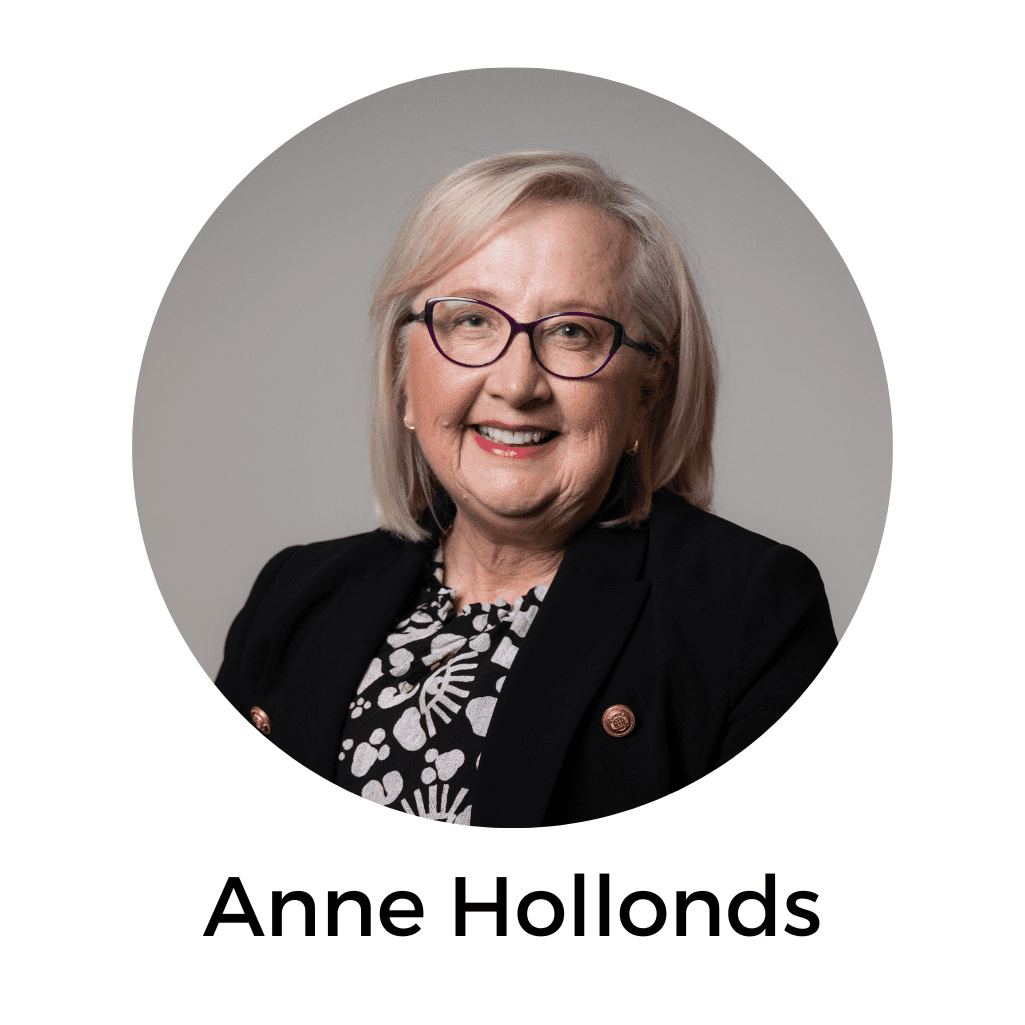
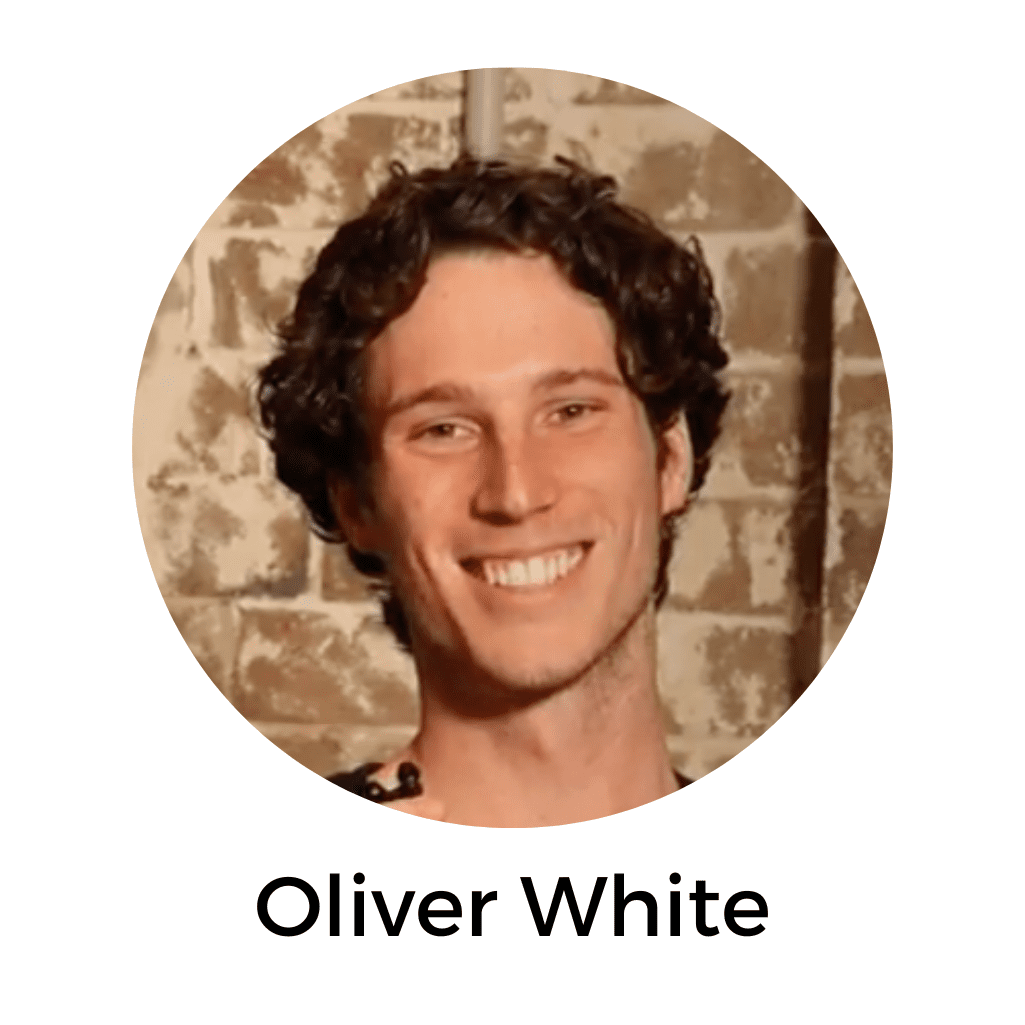
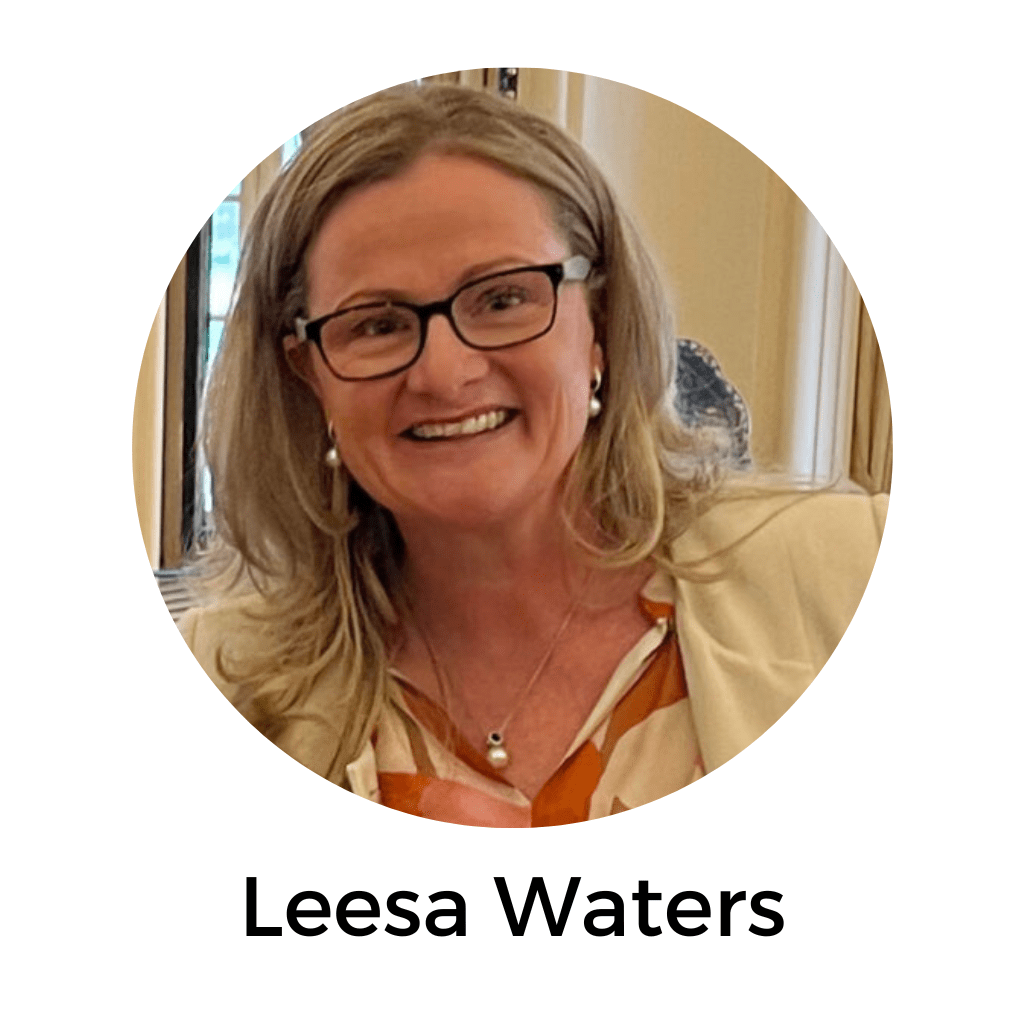
Join us for a powerful discussion that brings to light the often-overlooked pressures and barriers facing the child, youth, and family workforce. Together, we’ll explore how public expectations, political influence, and national narratives are shaping child protection, and ask the hard questions: Are we on the right track? Who is leading real change?
This session will spotlight frontline voices, especially from remote and under-resourced areas, and share findings from Lumenia’s latest research. We’ll unpack key workforce challenges like burnout, recruitment, and cultural safety, while showcasing practical, community-led solutions and innovations aligned with the Safe and Supported Framework.
Whether you’re in policy, practice, or research, this webinar is a chance to contribute to a solution-focused conversation on meaningful prevention, early intervention, and the future of the sector.

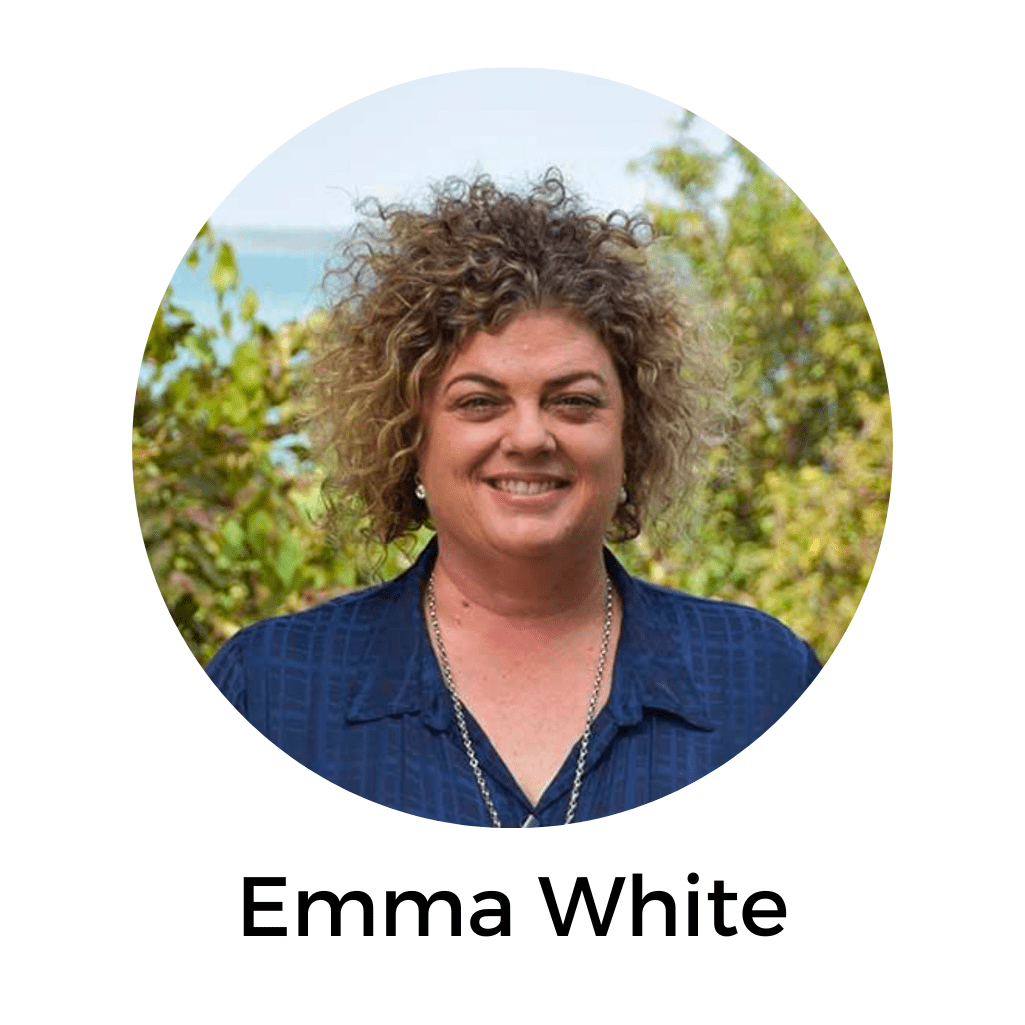
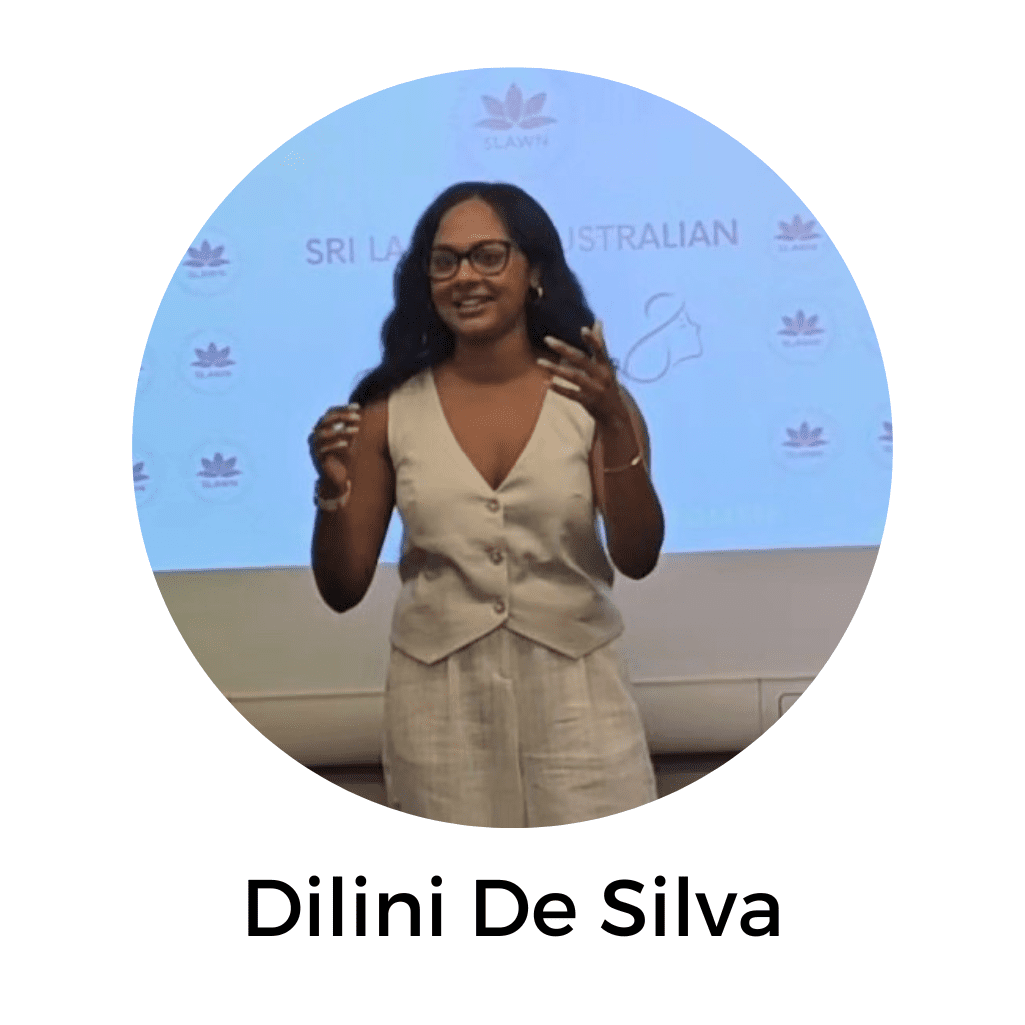
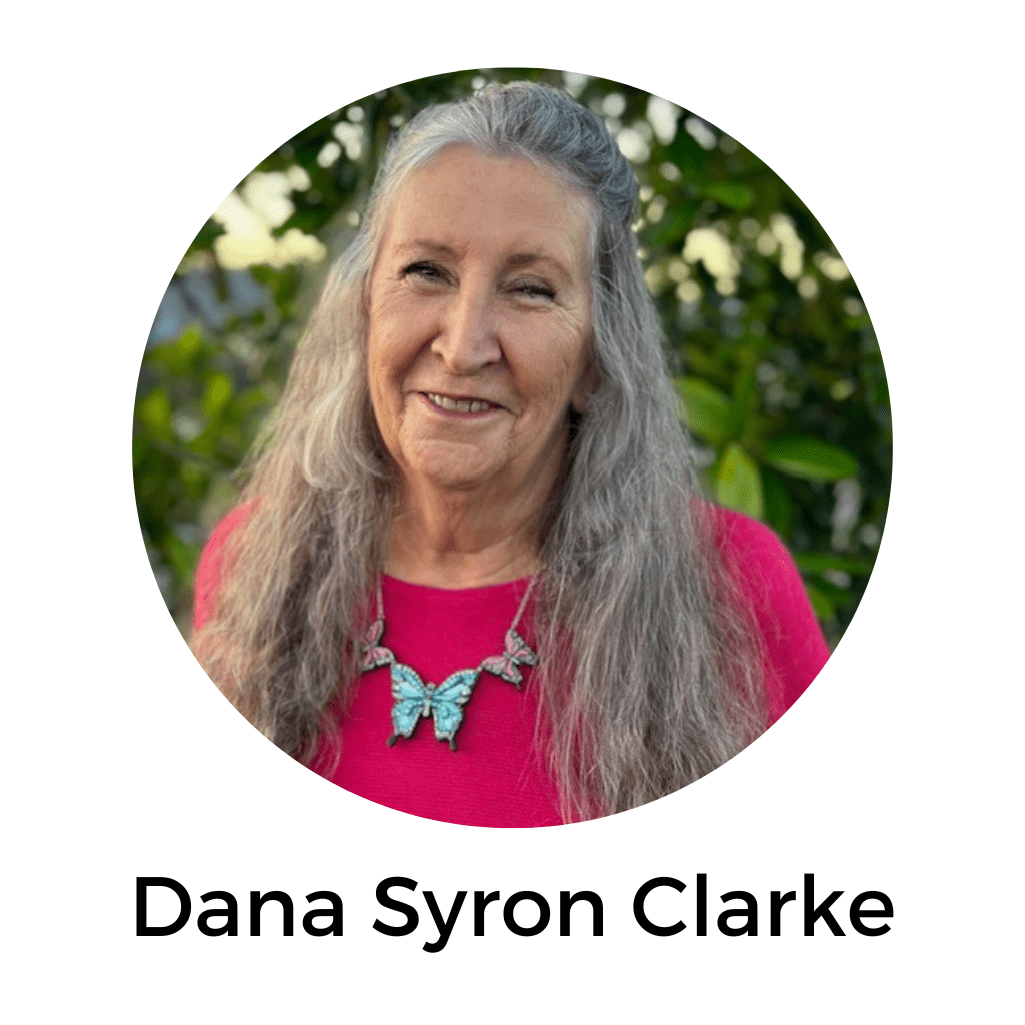
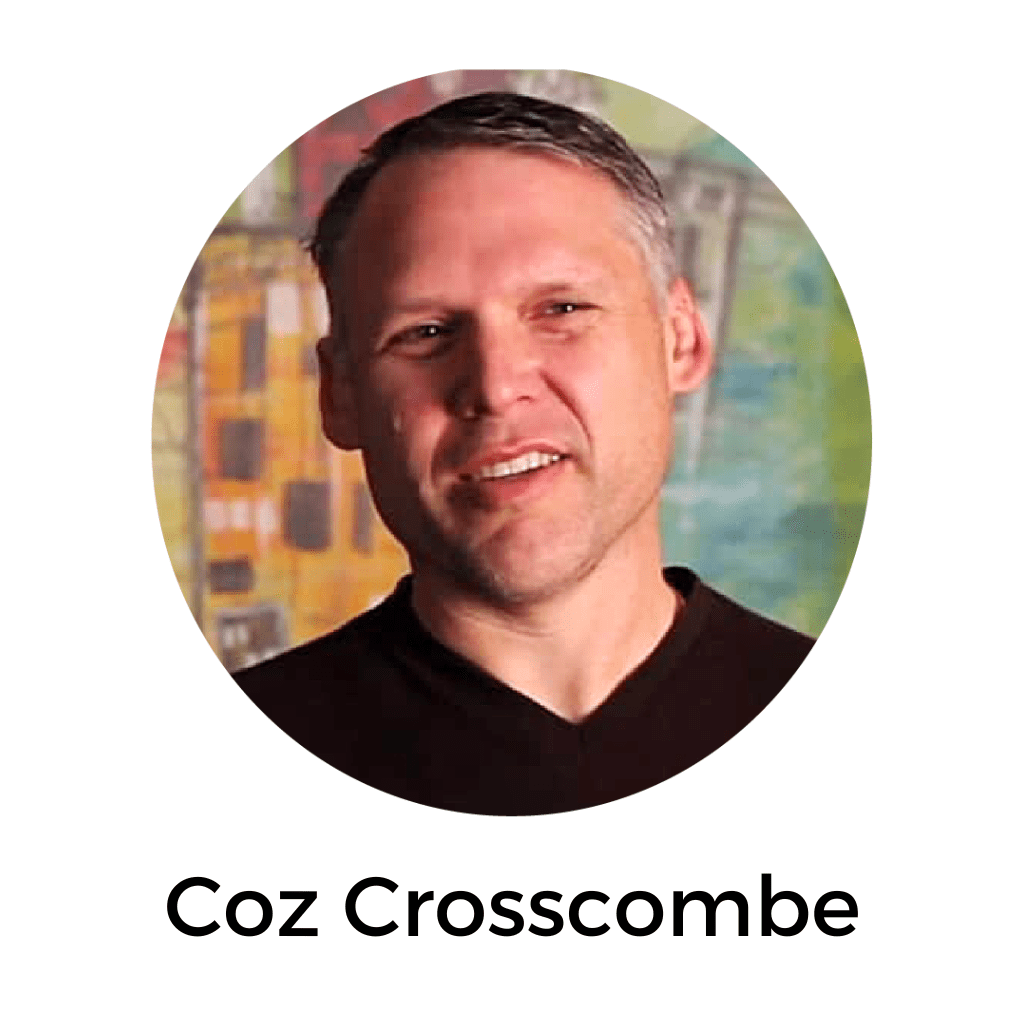

Join us online for the official launch of National Child Protection Week 2025 – a dynamic and uplifting webinar designed to spark ideas and shift the conversation into real action.
You’ll hear powerful reflections from national leaders, grassroots advocates, and young changemakers on the reforms, challenges, and community-led solutions shaping child protection in Australia today. We’ll spotlight the role of fatherhood and male allies in connection and early intervention, the impact of youth-led advocacy, and the importance of a whole-of-society approach.
This is about igniting change, starting with you. Whether you’re working on the front line or influencing policy, this webinar will leave you energised, informed, and ready to make a difference.
Let’s move from conversation to action. Register now and be part of something bigger.
Emma White is an accomplished executive leader with experience in community services and government sectors leading large and complex organisations, service delivery, policy and strategic reform and significant stakeholder management agendas.
She is regarded as a courageous driver of transformative organisational change based on an outcomes-driven, evidence informed, people-oriented approach. Emma has delivered proven results in improving service delivery and financial performance, and in attaining high standards of governance and accountability.
Emma is an exceptional relationship manager with the ability to engage with diverse and reluctant stakeholders in sensitive and contested areas of social policy and service delivery. Recognised as a natural leader with high EQ and staunch personal integrity, who consistently produces sustainable results.
Dilini De Silva (she/her) leads the frontline casework team at the NSW Multicultural Centre for Women’s and Family Safety.
Dilini is a social worker with extensive experience within the settlement sector and in working with people from migrant and refugee backgrounds. Within SSI, Dilini has created and delivered agency wide procedures and training for staff responding to domestic violence disclosures.
She previously worked in women’s refuges and in statutory child protection, specifically in the preservation and restoration space. Dilini has also undertaken research and advocacy heavily focused on understanding the impact of domestic, family and sexual violence on children and young people from multicultural backgrounds.
Dana Syron Clarke is a Warrimay, Birrbay women from the mid north coast of NSW. Dana is a proud Aboriginal woman that has contributed to Aboriginal communities through a range of roles over more than 35 years. Beginning in Domestic Violence Court Support, Aboriginal health, child protection, sexual assault, and mental health.
She has held positions on numerous Ministerial panels, State and National Aboriginal advisory boards. Dana was the CEO of Burrun Dalai Aboriginal Corporation for 19 years, which delivers a range of programs including, early intervention, family preservation, restoration, out-of-home care and aftercare services, only recently retiring.
Dana is the current Chairperson and has been an active member on the board of AbSec (the NSW Peak Body for Aboriginal Children Families and Communities) since 2005. Dana also currently holds seats on government advisory groups as well continuing to be an active advocate for Aboriginal families and communities. Dana’s work reflects her deeply held belief that Aboriginal kids and families are Aboriginal future, with Aboriginal self-determination being something that she continues to vigorously call for.
This has provided her with an in-depth understanding of the issues that impact families. She holds a Bachelor of Social Science (Welfare), Bachelor of Law (Honours), Graduate Diploma in Legal Practice and a current Australian practising certificate from the NSW Law Society.
Leesa currently lives in regional NSW and has worked nationally across regional, remote and metropolitan communities. She is passionate about the power of prevention and is a strong advocate for respectful relationships education for children and young people.
Leesa believes we should all continually ask ourselves ‘what is it like for the child?

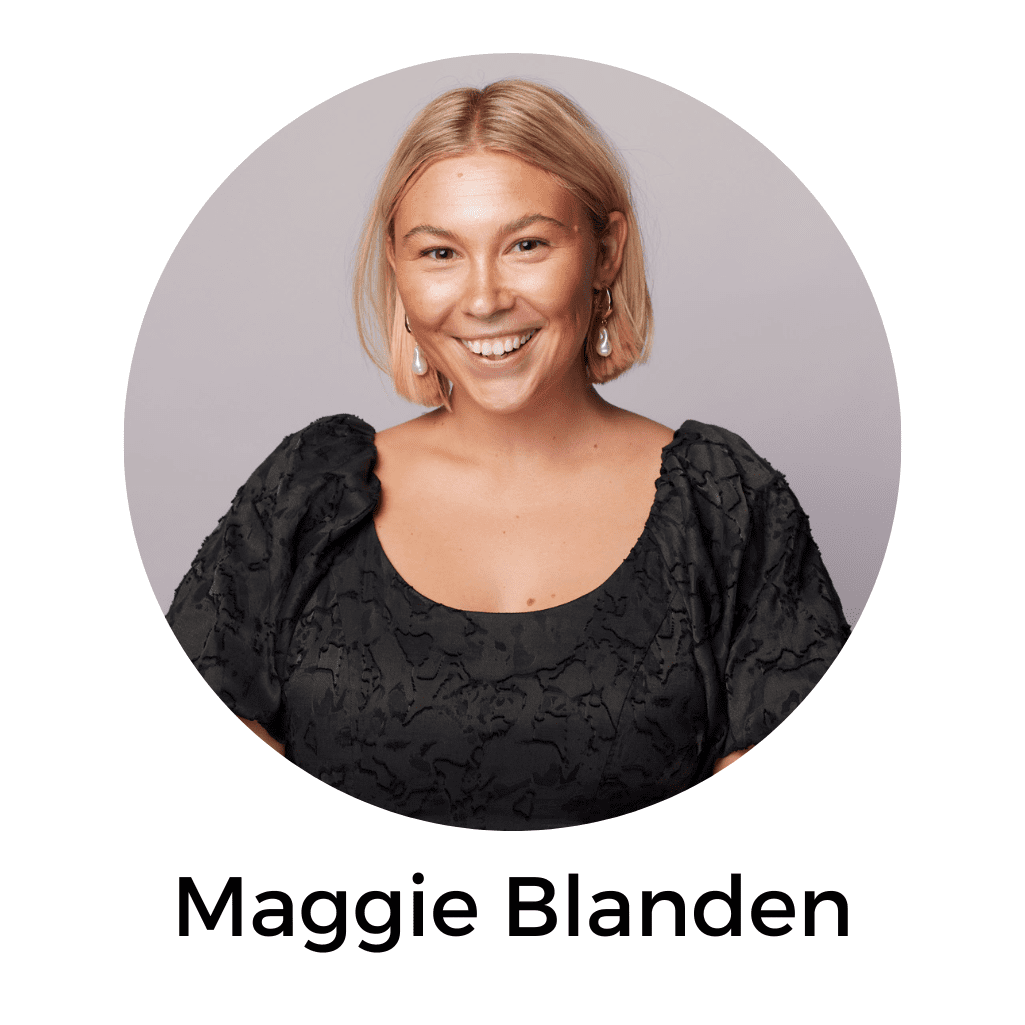
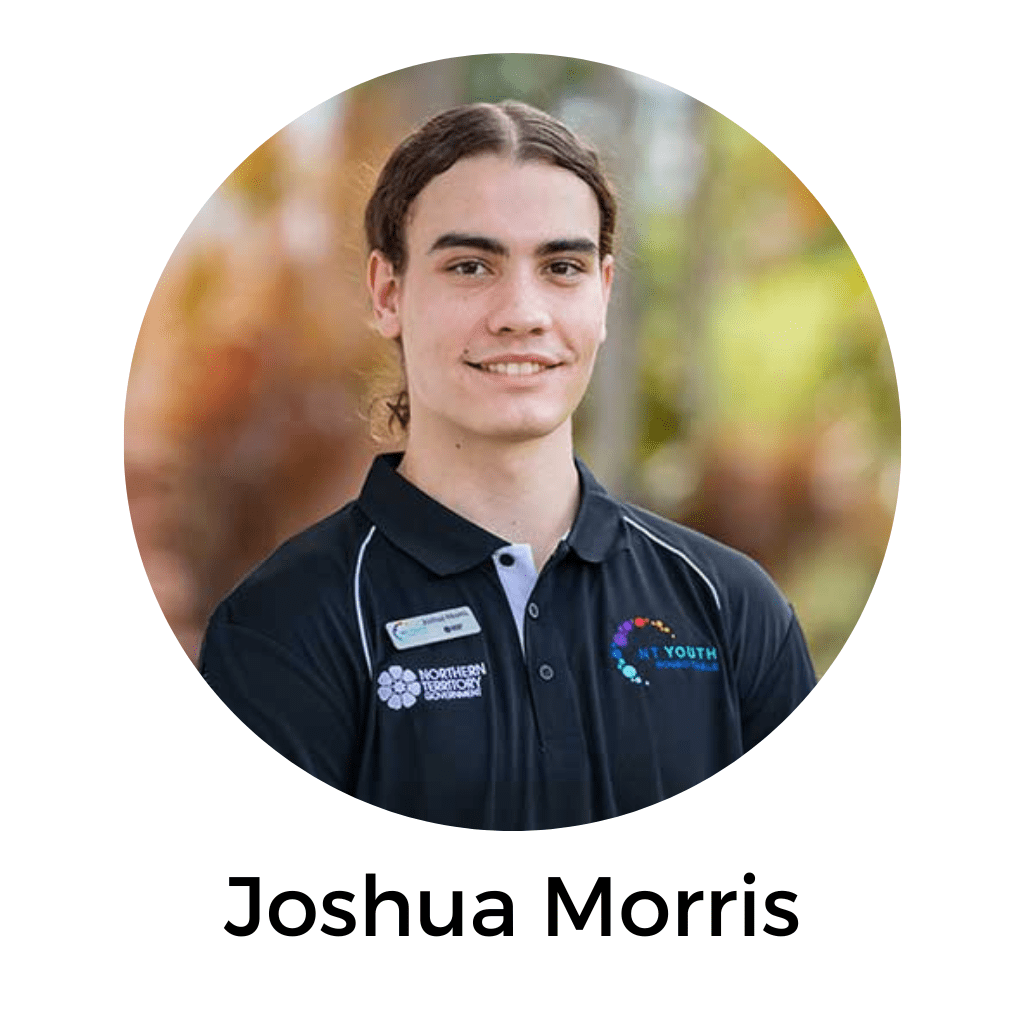
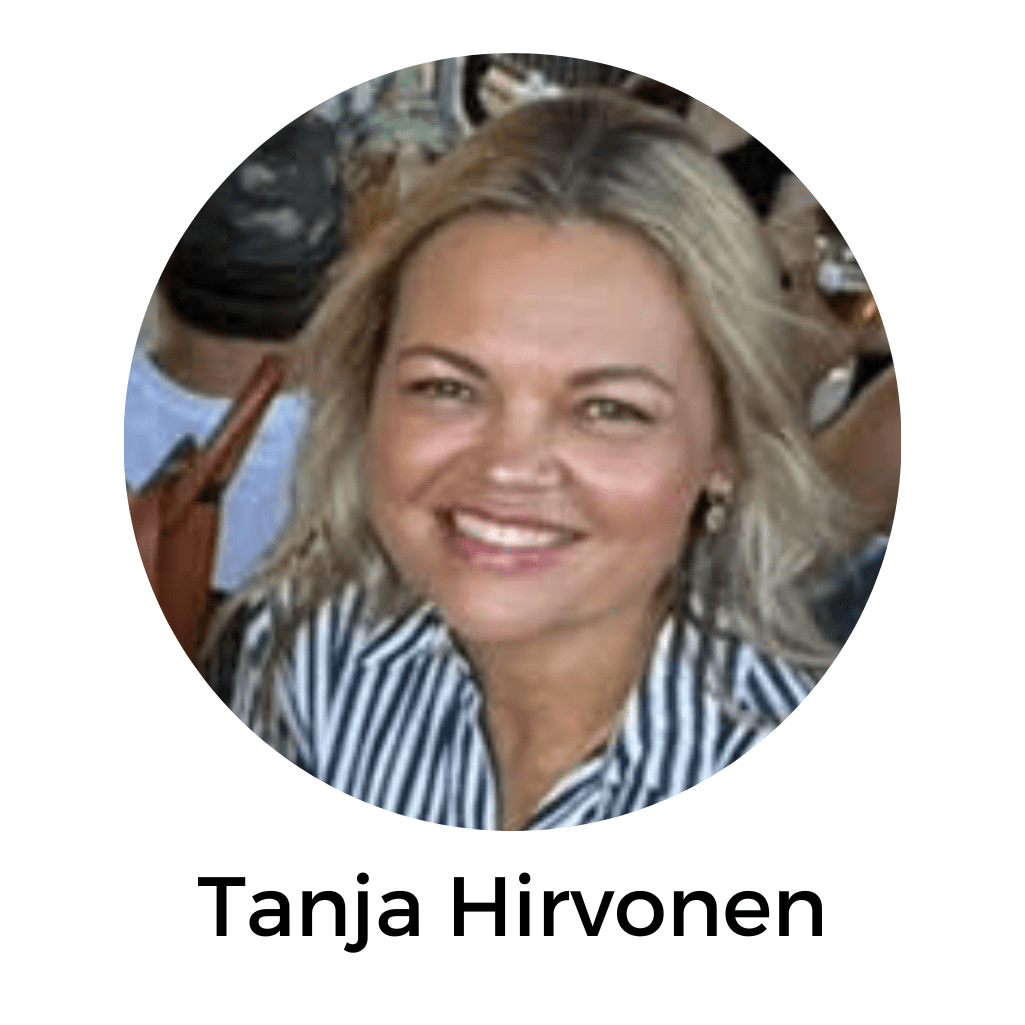
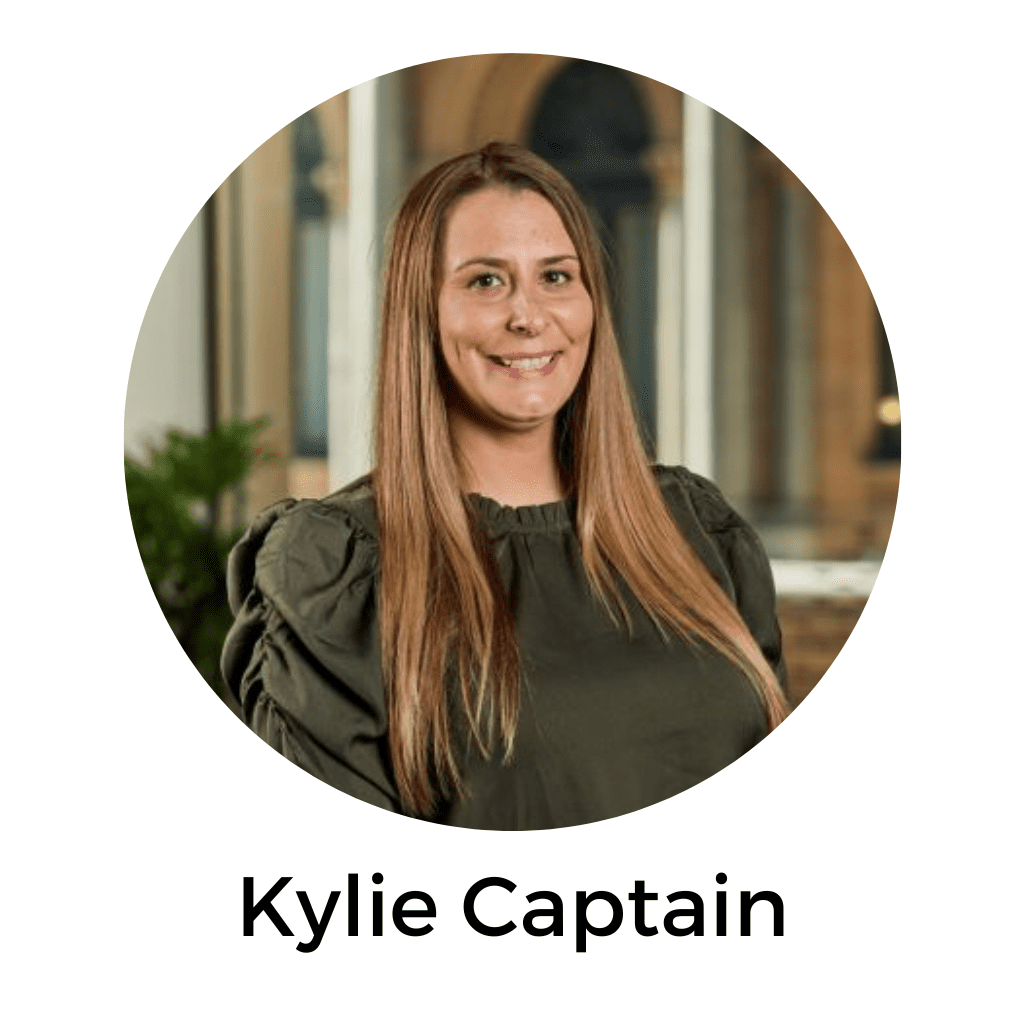
What’s really going on behind the screens of young people today? This confronting yet essential webinar dives deep into the hidden worlds of online subcultures that glorify misogyny and gendered violence.
Building on the conversations started by the hit Netflix series Adolescence, we’ll explore how these toxic narratives are spreading across social media, gaming, and online communities, shaping beliefs, behaviours, and even national security responses.
Hear from experts in education, policy, tech, and youth safety as we unpack how violent misogyny is taking root, why respectful relationships education (like NAPCAN’s Love Bites) is more urgent than ever, and how families, schools, and platforms can work together to intervene early.
We’ll also be discussing what real accountability from tech companies should look like.
If you care about the digital world young people are growing up in, this webinar is for you. Join the conversation.
Maggie Blanden is a proud Palawa woman from Lutruwita and the great-granddaughter of Aunty Ida West AM.
She has been recognized for her advocacy against domestic, family, and sexual violence, and her efforts to address the overrepresentation of Indigenous women and girls in the criminal justice system.
Maggie co-founded Naarm Law Students, an initiative honoured at the Australian Human Rights Awards, empowering youth through legal education to combat online abuse, racial discrimination, and neglect. With extensive experience in ACCHOs, she has worked as a youth worker, mentor, and law reform advocate, empowering Aboriginal children and young people.
Joshua Morris is a proud Koongurrukun man with work experience predominantly involved in the upskilling, empowerment and capacity building of our First Nations young people, having worked in primary school settings as well as in the VET sector at Charles Darwin University with IAHA. Joshua has also worked across remote community settings running Indigenous men’s workshops as well as coordinating programs in remote youth drop-in centres.
As Co-Chair of NAPCAN’s Youth Advisory Council & NT Youth coordinator, Joshua has experience coordinating, and working in collaboration with a diverse range of young people from across Australia to discuss youth strategies, policies, and advising on programs, and research affecting young people, with heavy emphasis on respectful relationships education.
He hopes to build bridges between cultural leadership roles and the empowerment of our future generations to shape a strong future for First Nations peoples with culture at the heart of all ways of operating.
Tanja Hirvonen is a proud Jaru, Bunuba and Wakaya woman, born and raised on the lands of the Kalkadoon people – Mount Isa, Queensland. Tanja is a clinical psychologist and mid-career researcher with expertise in mental health, social and emotional wellbeing, suicide prevention and working with persons impacted by trauma, and workplaces who are bringing cultural and clinical knowledges together.
She holds a second degree in Human Resource Management. She brings a combination of academic research, corporate expertise and clinical experience working with remote, regional communities and Aboriginal and Torres Strait Islander ways of knowing, being and doing to her Board roles at Thirrili, the Australian Indigenous Psychologist Association and the Black Dog Institute.
She is an advocate for increasing the number of Aboriginal and Torres Strait Islander social and emotional wellbeing practitioners in Australia, as well as for upskilling organisations with an understanding of how to provide culturally appropriate social and emotional wellbeing care for Aboriginal and Torres Strait Islander communities and individuals.
Kylie Captain is a proud Gamilaroi woman, a best-selling author, and an educator with over two decades of experience in education, finance, and community services. She has made significant contributions through her expertise in delivering impactful professional development and workshops across Australia.
As the President of the Aboriginal Studies Association and the Founder of Dream Big Education Wellbeing and Education, Kylie leads initiatives that promote cultural awareness and Aboriginal educational excellence. Kylie was a finalist for the NSW Woman of the Year Award in the category of Aboriginal Woman of the Year and recently published her third book at the iconic Sydney Opera House.
Her commitment to leveraging her extensive experience and overcoming personal adversities drives her mission to create positive change as she aims to make a difference, one student, one school, and one organisation at a time.

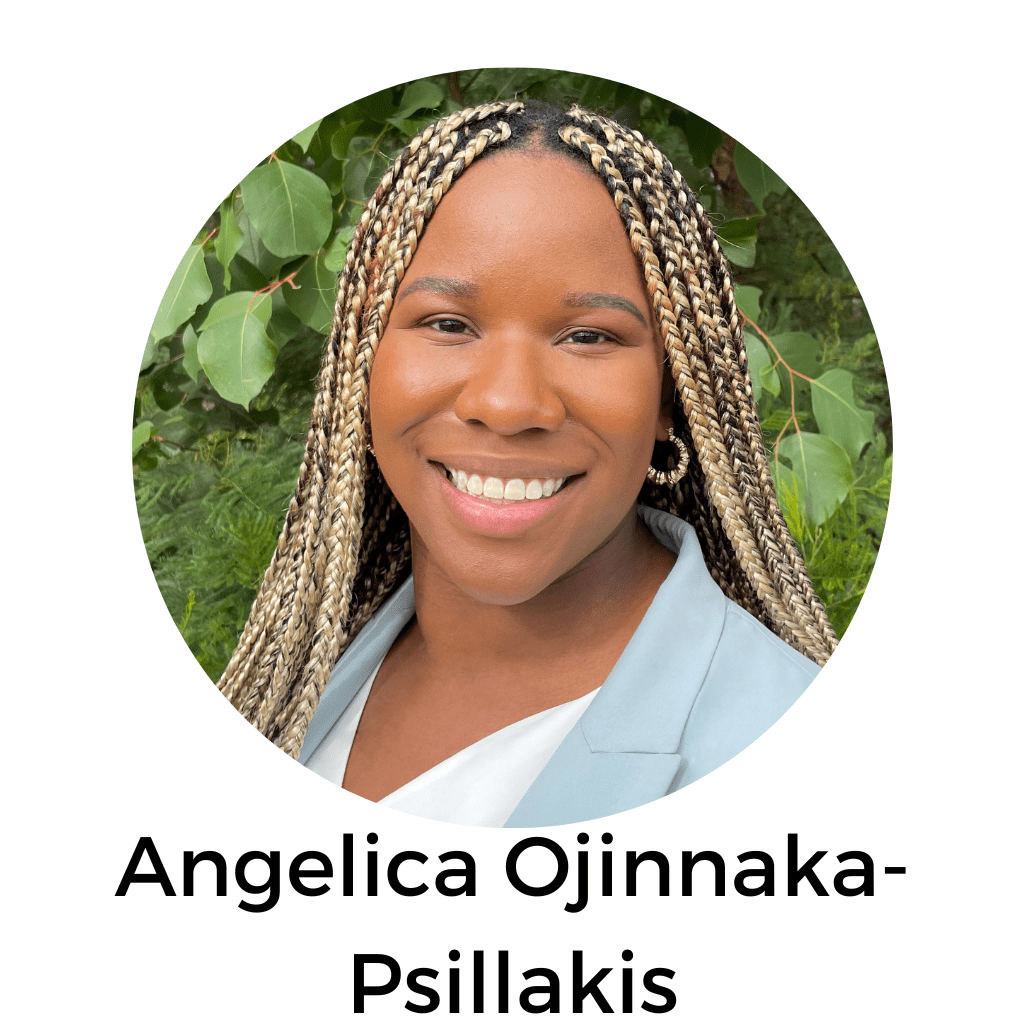
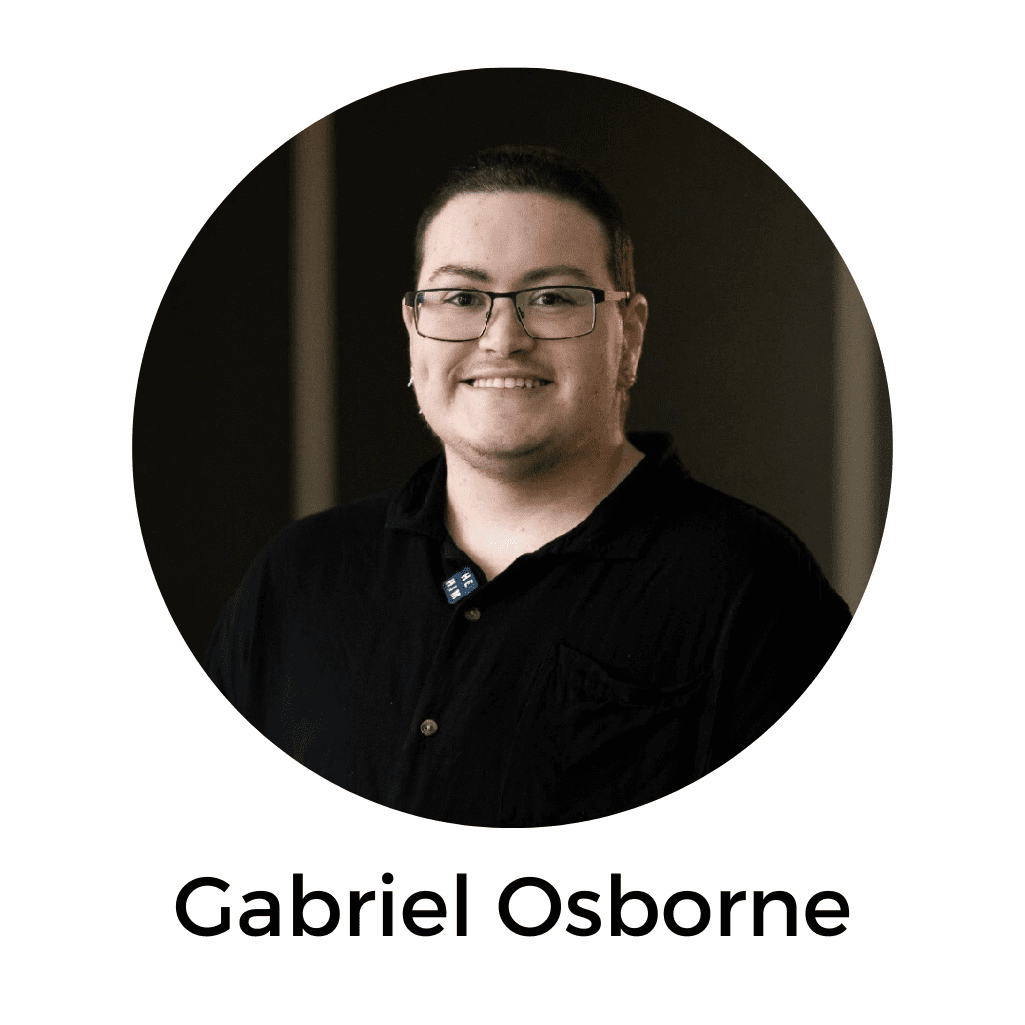
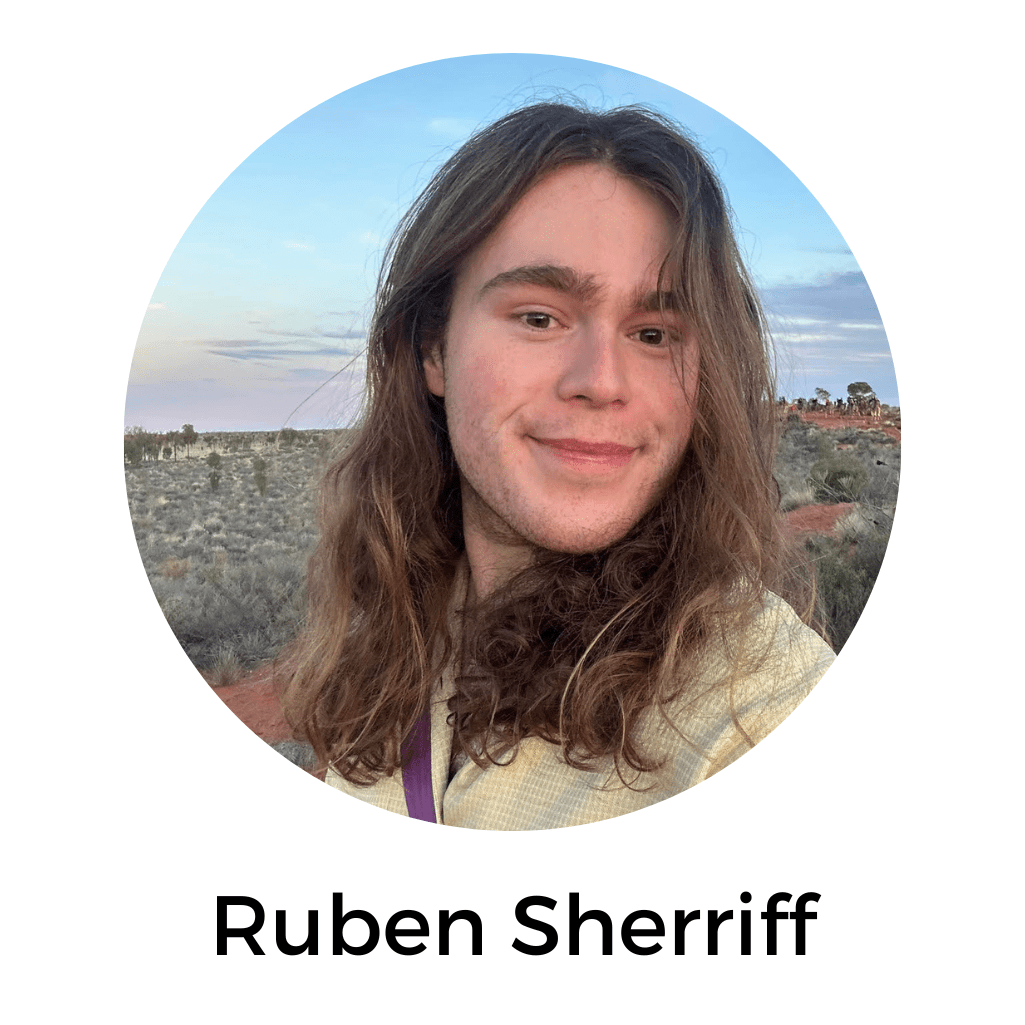
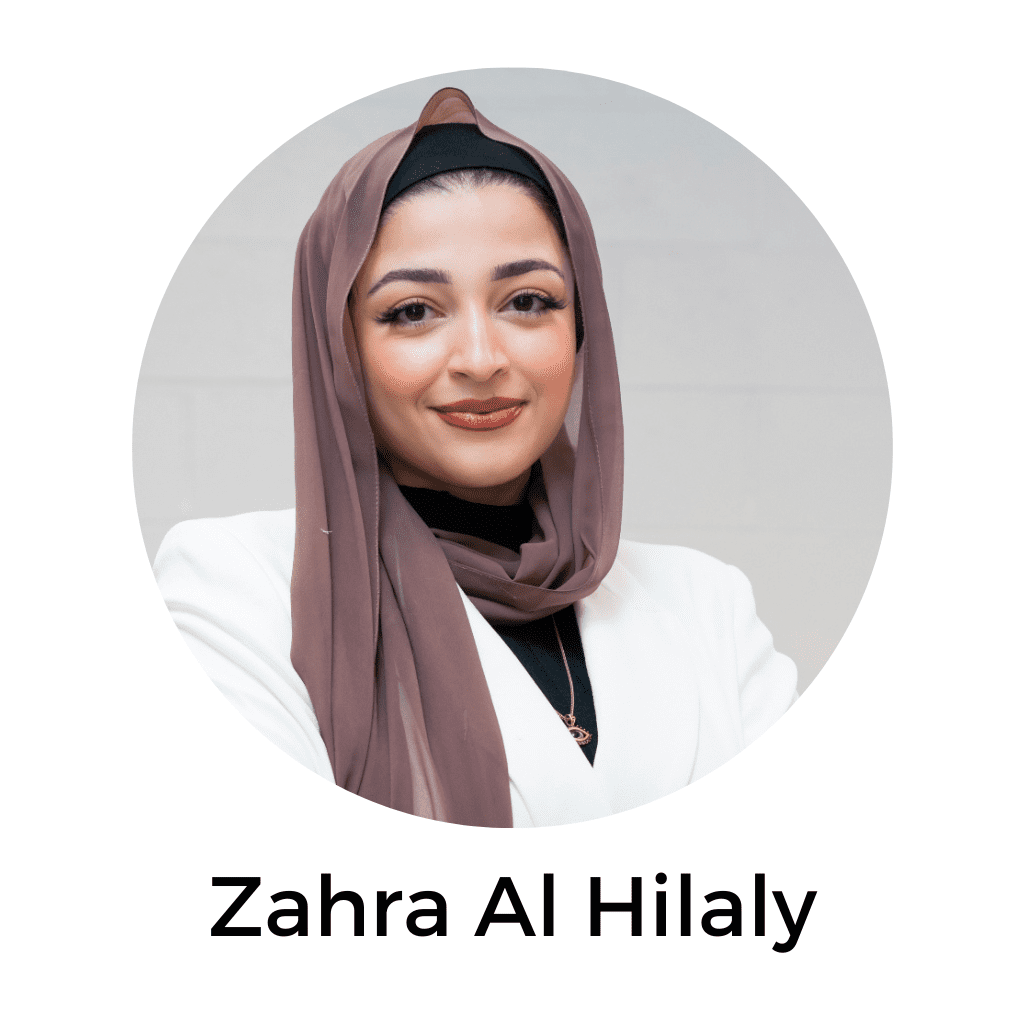
This webinar will explore how we can improve our response to emotional abuse and the role parenting support can play in prevention.
We’re pleased to announce the topic and panel for the webinar we are producing in partnership with NAPCAN this year for National Child Protection Week (7–13 September).
This year we’ll be picking up the conversation from our National Child Protection Week webinar from 2023 on preventing childhood emotional abuse and the role of parenting and family supports.
It’s always a big week for NAPCAN and the sector and we’re very proud to be involved again.
More details to come:
Angelica Ojinnaka-Psillakis is a pioneering global youth affairs leader, social researcher, and speaker. Driven by social change, she has an extensive history of advisory, academic, advocacy and board appointments addressing social inequalities experienced by children and young people, wellbeing, civic and political participation, violence against children, gender and racial justice, and intergenerational leadership.
She served as the 2022 Australian Youth Representative to the United Nations and is the current Oceania Representative on the World Federation of United Nations Associations Youth Advisory Council.
She is a Founding Director of Where They Are and the African Australian Youth Suicide Prevention Committee, and a Youth Advocate with the Centre of Research Excellence in Driving Global Investment in Adolescent Health at MCRI. In 2021, she received the NSW Premier’s Youth Medal in recognition of her advocacy and was named one of the UN’s 23 Young People Leading Resilient Recovery in the Decade of Action.
Gabriel Osborne (he/him) is a 25-year-old activist against LGBTQIA+ conversion practices, and other abuses experienced by LGBTQIA+ youth.
Gabriel’s lived experience has helped him lead a movement for LGBTQI+ youth survivors to seek justice after experiencing conversion practices. Gabriel is a co-founder of Flying Free, a not-for-profit, dedicated to creating systemic change by supporting individuals who have experienced abuse within mental health or addiction treatment facilities.
In 2023, Gabriel was named the Young People’s Award for the Australian Human Rights Award.
Ruben Sheriff (he/him) is a proud pakana man studying a Bachelor of Social Work with Honours at UTAS. Passionate about improving national consent education and keeping young people safe, Ruben works with NAPCAN as a National Youth Advisor for the NYSO team, consulting with organisations nationwide on how to uplift the youth voice, whilst also contributing to various RRE-focused projects.
With career aspirations in academic research, Ruben has research experience with UTAS in the mental health space, focusing on epistemic contributions in peer work and the role of lived experience in the medical sphere. He has also presented at the STOP DV Conference last year, in addition to being a panellist for the 2023’s National Child Protection Week. Currently, in addition to undergraduate and placement commitments, Ruben is also researching and writing about the incorporation and role of Mother Nature in social work practice.
A big picture thinker with the safety of children a key passion, Ruben is, ultimately, at every stage, dedicated to making the world a better place for both Indigenous peoples and young people through his work and advocacy.
Zahra Al Hilaly is an Australian lawyer, journalist, and activist, for human rights, interfaith dialogue, and peace building. As the former CEO of Oaktree Australia, Zahra led Australia’s largest youth-led development organisation, empowering thousands of young people in the Asia-Pacific region to become leaders of the United Nations Sustainable Development Goals.
Currently leading National Child Protection Week, Zahra is excited to broaden the conversation for more Australians to commit to NAPCAN’s mission. As a proud daughter of refugees from Palestine and Iraq, Zahra’s mission is to ensure refugee youth are being amplified in peace building agendas. In 2023, Zahra was named an Australian Women in Excellence and in 2024, she was named on the Forbes 30 Under 30 Asia-Pacific list.

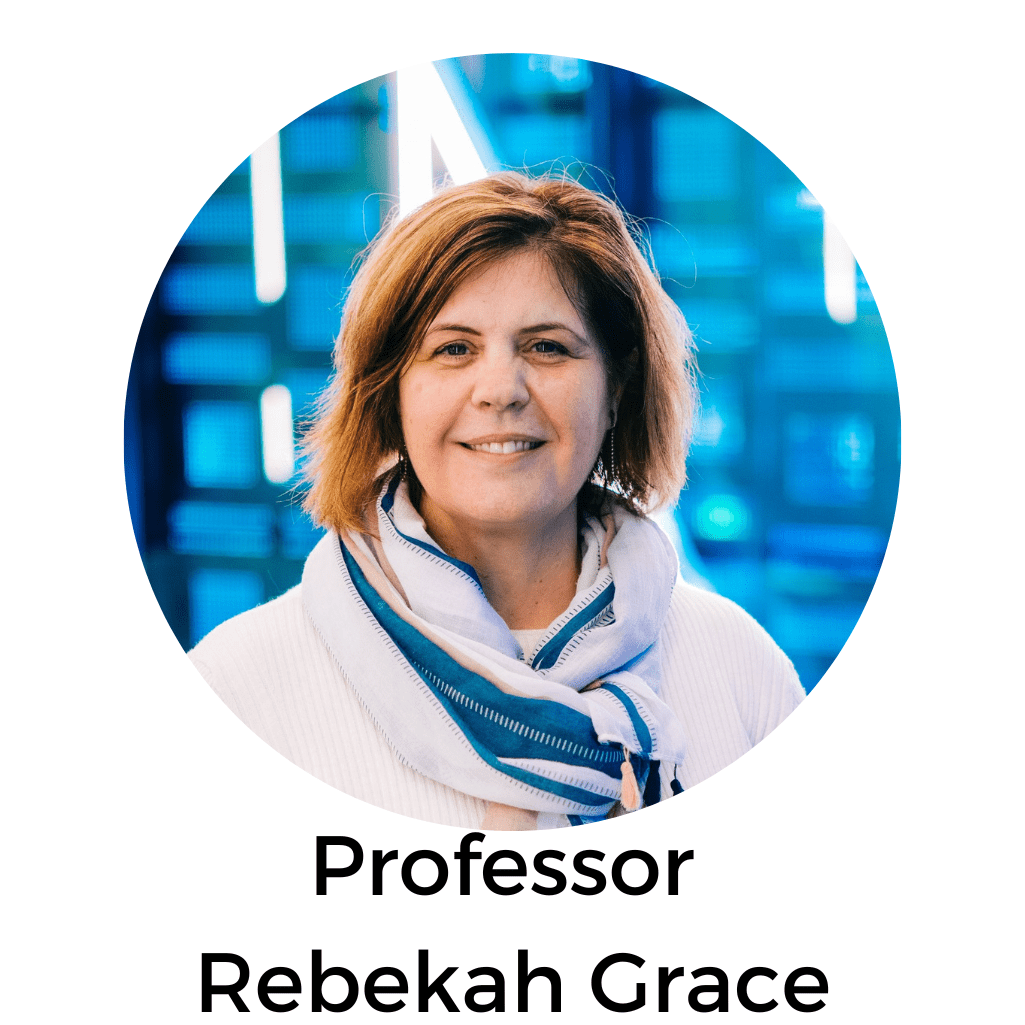
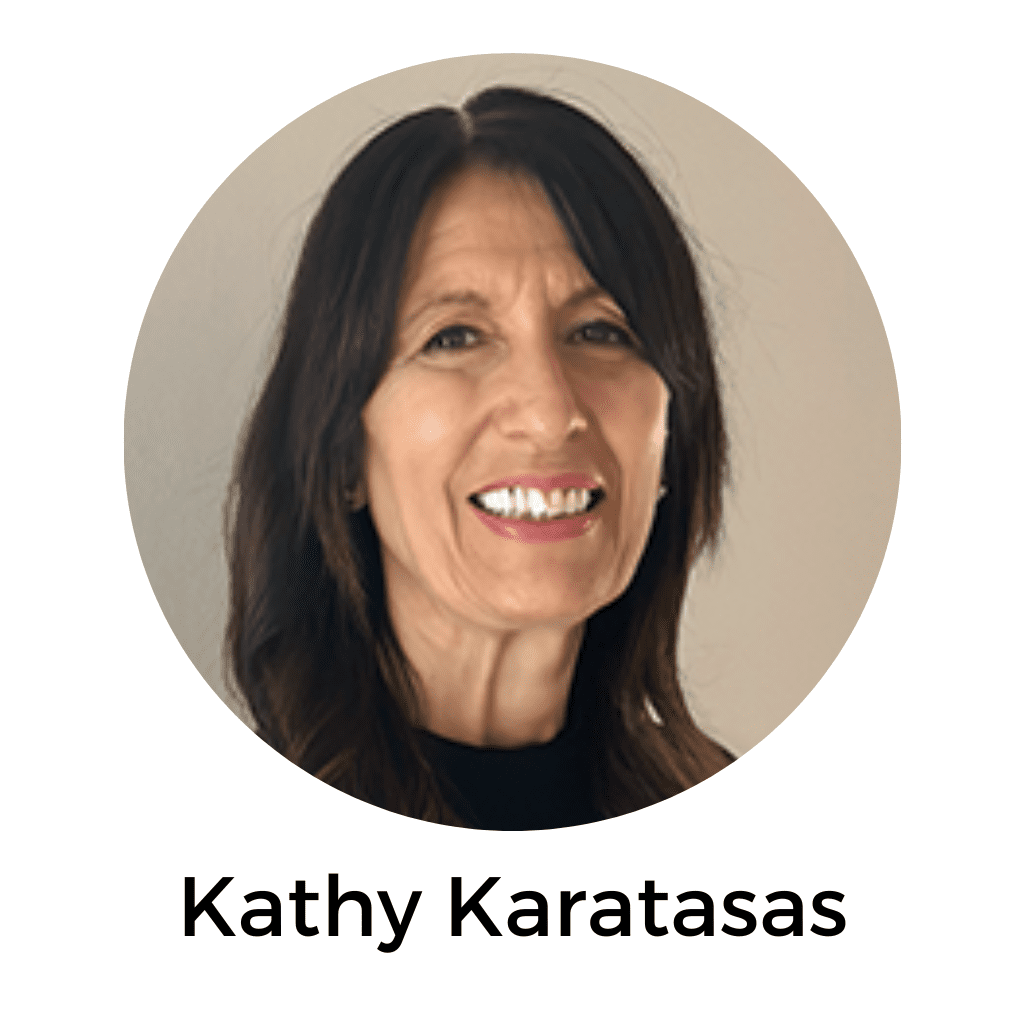
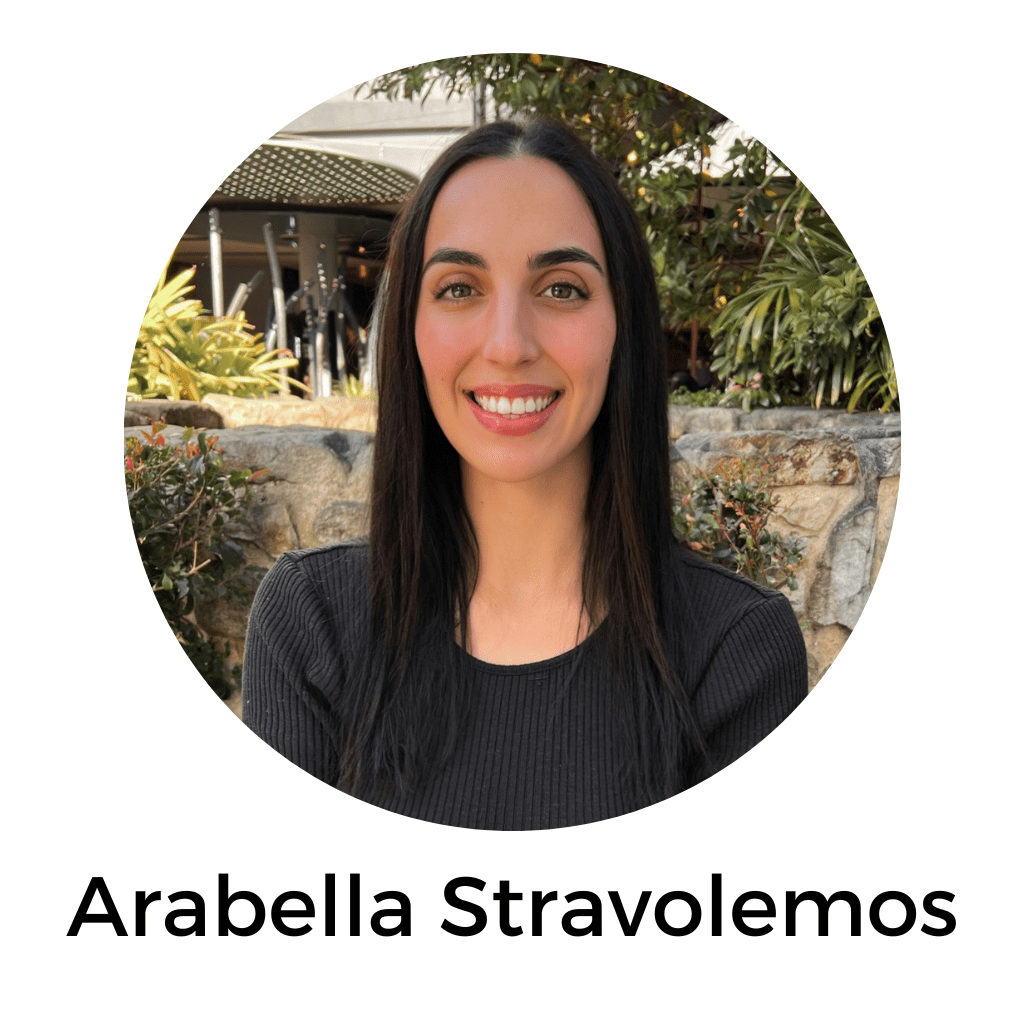
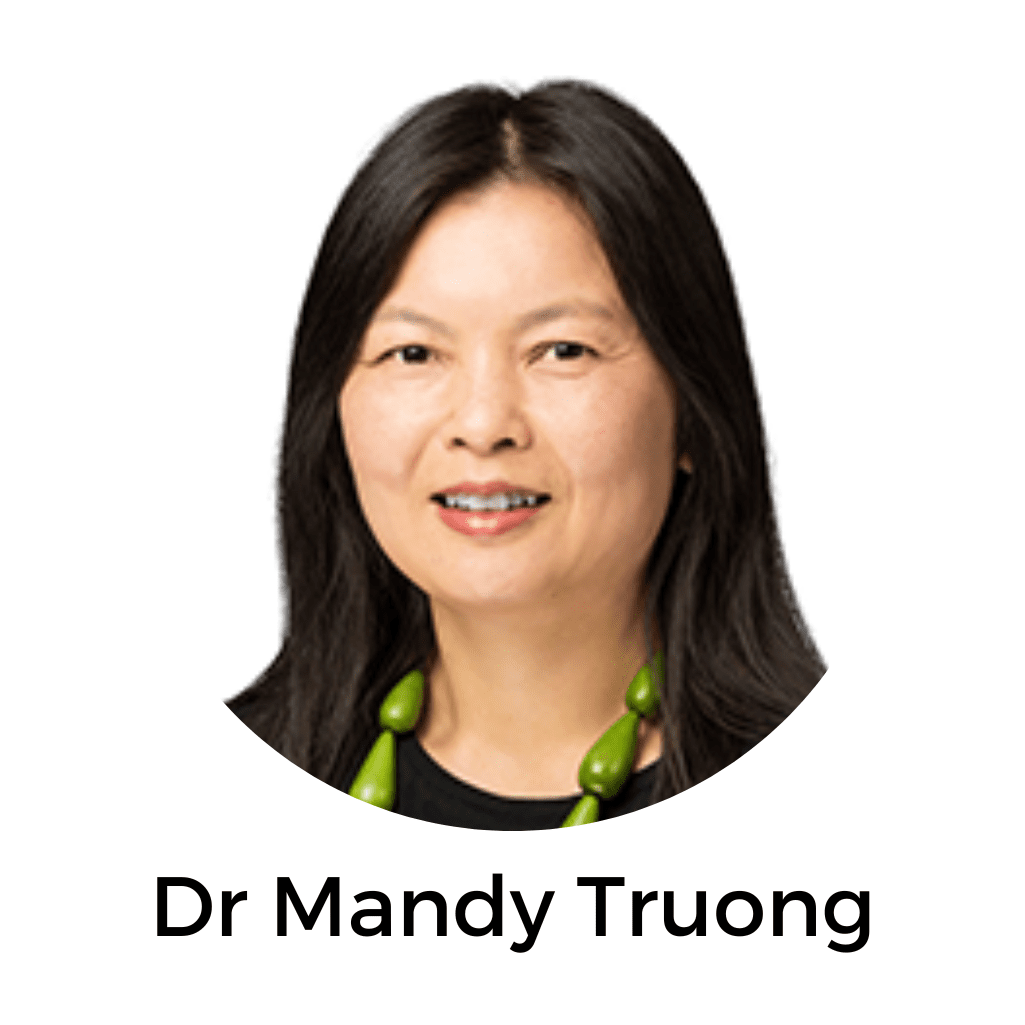
In partnership with Anglicare.
This webinar takes a deep-dive into what’s possible when children are not only heard but genuinely included in shaping the environments around them.
Join us for a compelling session that brings together powerful voices from across Australia – including children themselves, to share how schools, services, and communities are creating spaces where trust, safety, and collaboration thrive. You’ll hear powerful insights from the Safer Communities for Children (SCFC) program and trainers working in multicultural, First Nations, and rural settings, perspectives too often left out of mainstream conversations.
We’ll dive into how child-led approaches are driving tangible change, from classroom strategies to community-wide action, and what it takes to embed these principles into practice.
This webinar offers real stories, practical tools, and fresh thinking for anyone working to centre children in their work.
Walk away with renewed purpose, grounded strategies, and a stronger connection to the voices that matter most.
Professor Rebekah Grace is the Director of the Research Centre for Transforming early Education and Child Health (TeEACH) at Western Sydney University. Her research is focused on the service and support needs of children and families who experience disadvantage and adversity, spanning the fields of disability; education; child development and child protection. She employs a cross-disciplinary, mixed-methods approach, and seeks to move beyond the bounds of disciplinary silos to address complex challenges.
Rebekah has extensive experience in productive collaboration with government and non- government service organisations. Her expertise is in applied research, and in the translation of that research so that it is meaningful within practice settings, and transformative to policy and practice. Rebekah has expertise in the conduct of rigorous effectiveness trials.
She is also well known for her research using participatory methods with children, young people and their families, and for her work in the co-design of new service initiatives with community members and service professionals.
Kathy Karatasas is a Social Worker with 40 years’ experience working in early intervention, child protection and out of home care services with government and non-government organisations. She is the Founder and CEO of Cultural Works working with agencies to elevate culturally responsive services to children from culturally and linguistically diverse backgrounds in care.
Kathy co-designed the S.E.L.F cultural framework which provides guidance to explore settlement, ethnicity, language and faith with children and families and better understand what cultural connections. She is undertaking international research through a Churchill Fellowship exploring practices in the United States, the UK and Norway in working with children from diverse cultural backgrounds in foster care.
Kathy is a member of a multi-university and sector National research team and the recent recipient of the first social science focused Australian National PhD scholarship to further progress national research on better cultural care practices for children in care.
Arabella Stravolemos is a dedicated advocate committed to empowering and supporting vulnerable individuals, especially in the field of child protection. She is a graduate in social work and a member of the Australian Association of Social Workers and also has personal experience as an individual with out-of-home care and has recently become a kinship carer. She combines her lived experience with professional expertise to foster positive change and prevent unnecessary family separations. Her mission includes educating others on the profound impacts of systemic involvement on vulnerable populations.
Arabella uses her experience and expertise as an Advocate and Consultant for allying stakeholders, including Child and Family Focus South Australia (CAFFSA). She adopts a person-centred approach, valuing the unique experiences and perspectives of each individual. Through active listening, advocacy, and empowerment, she creates safe and supportive environments that enable individuals to enact meaningful change.
Dr Mandy Truong is a Research Fellow in the Child and Family Evidence team at AIFS. She co-manages the Child Family Community Australia (CFCA) program that focusses on synthesising and translating evidence for practice and decision-making in service settings about what works for children and families.
Mandy is an experienced public health researcher, educator and health professional with experience in qualitative, mixed methods and evidence synthesis studies on topics including, cultural competency in healthcare, racism and health, migrant health and family and domestic violence.
